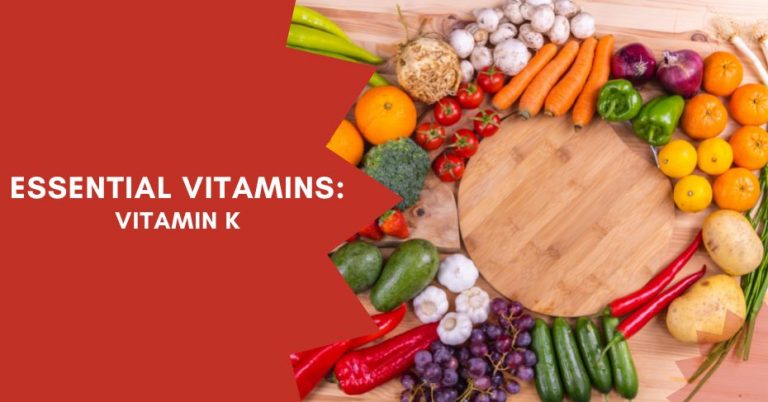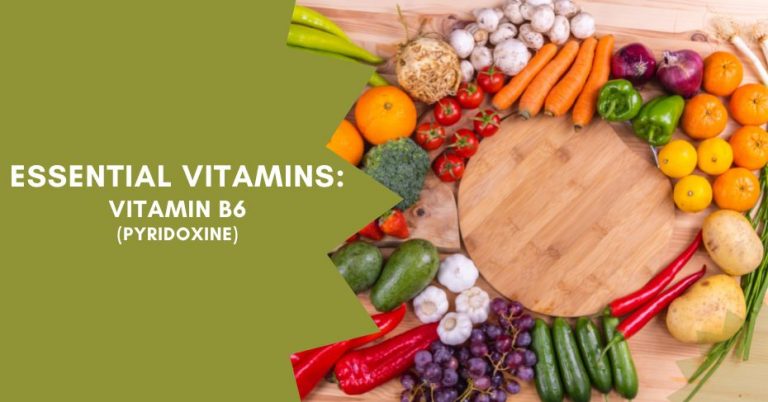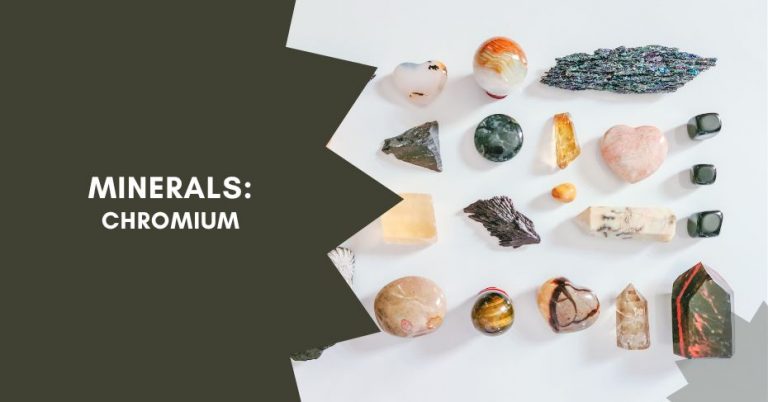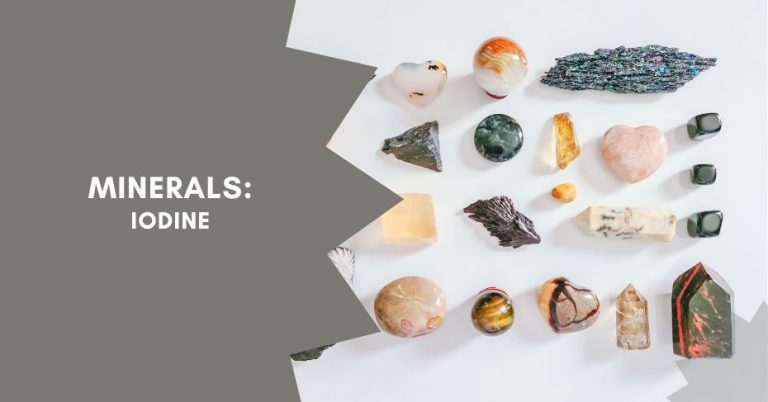Potassium is a mineral that plays an important role in many bodily functions, from muscle contraction to heart health. It is found in a variety of foods and can be supplemented through multivitamins or potassium pills. Let’s take a closer look at what potassium does for your body and why it is so important.
What Is Potassium?
Potassium is a mineral that helps regulate fluids and electrolyte balance within the body. It’s found in cells throughout the body, and it works with other minerals like sodium, chlorine, magnesium, and calcium to carry out various bodily functions. Potassium helps with muscle contraction, nerve transmission, blood pressure regulation, acid-base balance, digestion, water balance in the body, glucose metabolism, and more.
What Does Potassium Do?
Potassium is an electrolyte, meaning it helps regulate the body’s electrical balance and helps with nerve signaling. It also helps to maintain normal blood pressure levels by controlling the amount of sodium retained in the body. In addition, it helps muscles contract and relax properly, which means it is essential for physical activity as well as proper digestion. Finally, potassium also helps your kidneys filter waste from your blood, making it an important part of overall kidney health.
Why Do We Need Potassium?
We need potassium in order to survive. It’s essential for our bodies to function properly; without enough potassium we can experience muscle weakness or cramps, fatigue, irregular heartbeat or heart arrhythmias, constipation or diarrhea, depression or anxiety. A diet rich in potassium can help reduce your risk of stroke; it can also help keep your blood pressure levels at a healthy level by helping to reduce the effects of sodium on blood pressure. Additionally, a diet high in potassium can reduce kidney stones as well as the risk of developing osteoporosis.
Health Benefits of Potassium
The benefits of getting enough potassium are numerous; research shows that increasing your intake of this mineral can help reduce blood pressure levels, decrease risk of stroke, improve bone density, lower cholesterol levels and even reduce the risk of kidney stones. It’s also been shown to prevent age-related eye diseases like macular degeneration as well as promote better cognitive function—especially in older adults—by helping keep nerve cells healthy. Additionally, studies have linked higher levels of dietary potassium with a decreased risk of developing type 2 diabetes since it helps regulate insulin sensitivity.
How Much Potassium Do You Need?
The recommended daily allowance (RDA) for adults aged 19-50 years old is 4.7 grams per day. This number increases slightly as you age; adults over the age of 51 should aim to get 5 grams per day. While multivitamins may contain some potassium, they typically do not contain enough to meet the RDA; supplementing with additional potassium pills may be necessary for those who are deficient or have medical conditions that require more than the RDA amount.
Where Can You Get Potassium?
Foods high in potassium include potatoes, bananas, oranges, avocados, spinach and kale, yogurt, and salmon – just to name a few! Eating these foods can help you meet your daily requirements without having to supplement with pills or vitamins. Additionally, if you are active or engaging in regular physical activity such as running or weightlifting then it becomes even more important to make sure you’re getting enough potassium in your diet since this mineral plays a key role in muscle contraction and recovery post-workout.
Bottom Line
To sum up, potassium is an essential element that plays many important roles within our bodies including regulating our electrical balance and helping muscles contract and relax properly. It’s important to make sure you are getting enough each day either through food sources like potatoes, bananas, oranges and avocados or by supplementing with multivitamins or additional potassium pills if needed. Eating right and staying physically active will ensure your body has all the minerals it needs to function optimally! So remember – stay healthy by adding more potassium into your diet today!





